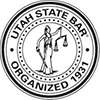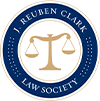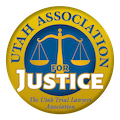- Free Consultation: 801-810-7673 Tap Here to Call Us
Preparing for a Hearing
There are many notable steps in the workers’ compensation process, and a court hearing is potentially the final proceeding that will determine the outcome of your case. It is worth going over what a workers’ comp hearing is, what a typical hearing looks like, and the things you can do to make sure your hearing goes smoothly.
What is a Hearing?
You’re injured on the job or suffering an illness due to work conditions, but you are denied workers’ compensation. This can mean a complete denial of benefits, or a partial one—such as denying payment of certain medical bills, or not paying what you’re owed for time you missed work while recovering. When a workers’ comp claim is under dispute, either the injured employee or the employer’s insurance company can file a request with the Utah Labor Commission (ULC) for a hearing. A hearing is a legal proceeding in which testimony and arguments are presented before a judge. The ULC will schedule a hearing usually nine to ten months later.
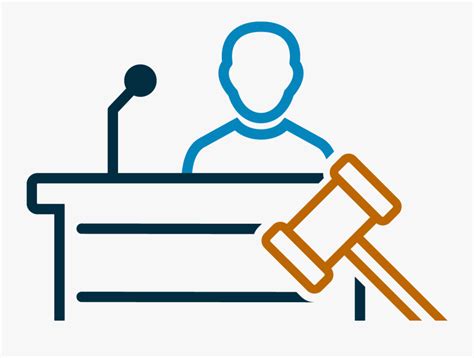
Who Attends the Hearing?
The people who attend a hearing typically include the following:
- the injured worker for the case, and—if if the worker has one—a lawyer representing the injured worker (such as a Rose Legal workers’ comp attorney)
- the insurance company’s lawyer, and potentially a representative for the insurance company and/or the employer
- the administrative law judge (ALJ) who presides over the proceeding
- potentially a court reporter who will type a transcript
- potentially one or more witnesses, such as managers, coworkers, and insurance adjusters
(note: typically doctors will provide written testimony ahead of time, rather than testify in person) - potentially some expert witnesses for either side
During the months leading up to the hearing, the two parties of a workers’ comp case may try to resolve their dispute through mediation and settlement. If they are unable to do so, they will need to attend the scheduled hearing. This entails testifying and presenting their arguments before the judge, who will then make a final decision. Most cases are resolved beforehand outside of court… because if a case goes to hearing, it is possible to lose. For injured employees, that often means not receiving any of the workers’ comp benefits they were hoping for.
Preparing for Your Workers’ Comp Hearing
The proceedings of a workers’ compensation case that occur before the hearing provide opportunities for the two parties to reach an agreement outside of court. But if the case does ultimately require a hearing, it is important to be well-prepared. Organize all the documents that will support your case. Discuss the claim with your lawyer so you are both on the same page for what to focus on when testifying. Review all the facts so your statements are consistent. Be ready to answer questions regarding your injury, your incident at work, your job role, your hospital and doctor visits, your medical history, your payment history, and your general background information. Then be sure to arrive to the hearing early enough to discuss any last-minute concerns with your attorney. Some tips for when you’re at the hearing:
- Be on time
- Dress appropriately (neat, clean)
- Be respectful to everyone, including the other party
- Don’t speak unless you are instructed to (don’t interrupt anyone)
- Address the judge as “your honor”
Hearings used to be conducted in person in front of a judge, but following the Covid pandemic, most are now held virtually via Zoom calls on computer. A typical hearing will last a few hours, but may go longer if the case requires it. The judge will issue breaks if needed.
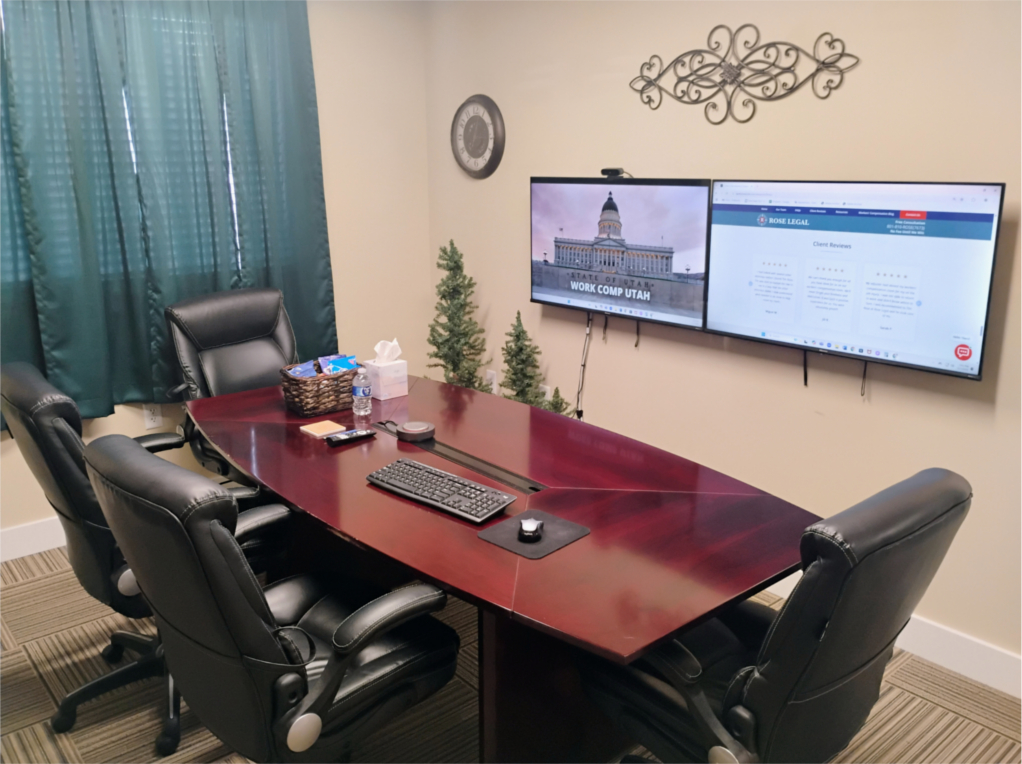
Overview of a Typical Workers’ Comp Hearing
- Opening Statements — The lawyers of each party in the case will briefly summarize their arguments.
- Presenting Evidence — The lawyers will make legal arguments to the judge. Evidence can include medical records, medical bills, employment records, pay stubs, accident reports, witness statements, and transcripts from previous case proceedings (such as depositions).
- Testimony — The judge will put the injured employee under oath to tell the truth. The workers’ comp attorney will then have the injured worker testify, by asking some questions regarding the accident behind the injury (or the working conditions behind the illness), as well as the worker’s symptoms, usual job duties, and any limitations as a result of the injury.
- Cross-Examination — The insurance company’s attorney will ask the injured worker some questions. The judge may ask some questions as well.
- Redress — The workers’ comp attorney will also have the option to ask the injured worker some follow-up questions for clarification if needed.
- Witness Testimonies — The question-and-answer process will be repeated for any other witnesses who testify. (examples: the employer, an HR representative, the workers compensation adjuster, or eye-witnesses to the accident)
- Closing Arguments — Each party will have a final chance to speak, emphasizing the most significant points of their side of the case, and why the judge should rule in their favor.
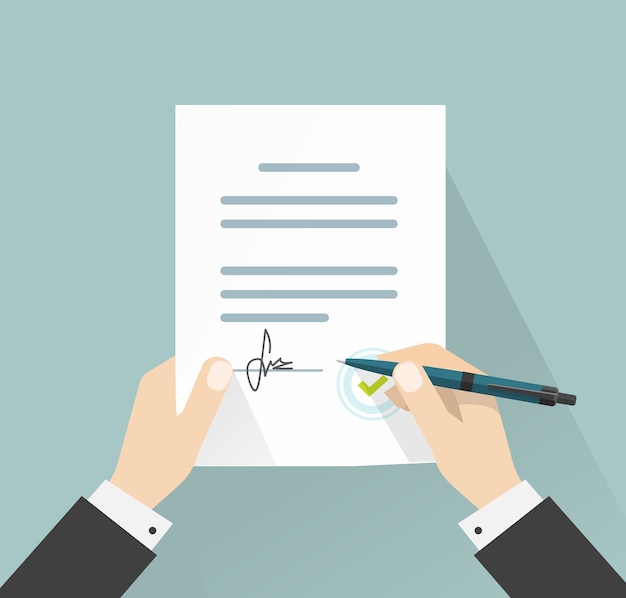
After the Hearing
Typically the judge will not make a final decision at the hearing itself. Sometime in the 60 days after the workers’ comp hearing, the judge will issue a written order and send it to the injured worker, the lawyers, and the insurance company. Possible outcomes:
- The judge approves your claim.
- The judge denies your claim.
- The judge issues a partial approval (accepting some aspects of your claim, but rejecting others).
- The judge needs more information before making a judgement, deciding to postpone the final decision or hold an additional hearing.
- The judge recommends submitting the issue of medical causation to a medical panel. This is a likely outcome if your treating doctor’s opinion is different from the opinion of the insurance company’s doctor.
If the judge rules in your favor, the ULC will implement the approved benefits within 30 days. Your employer has the right to dispute the decision, however, if they request a review from the board within 30 days. Likewise, if the judge rules against you, you have 30 days to make an appeal. Your attorney can help you determine if disputing the ULC’s verdict is a worthwhile effort for you. At Rose Legal, our goal will always be to fight for the benefits you are entitled to under workers’ compensation. With credible evidence, effective communication, and relevant experience, we can increase your chances of resolving your workers’ comp case favorably and avoiding unnecessary delays.


